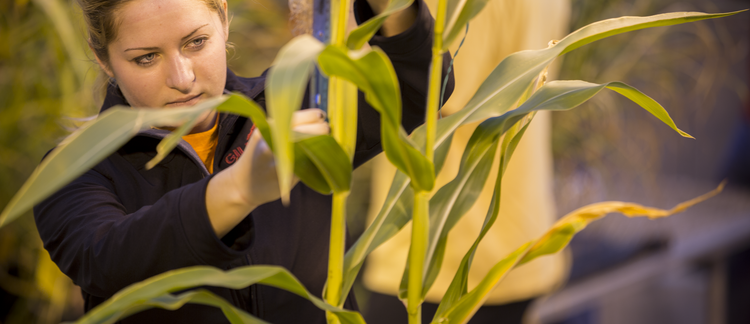Abstract
The 2000 growing season marks the fifth year that Bt corn varieties were commercially grown in Iowa. This is the fifth year that the Northeast Research and Demonstration Farm has been field testing Bt and non-Bt hybrids for yield and related parameters. Bacillus thuringiensis, commonly known as Bt, is a naturally occurring soil bacterium toxic to European corn borers (ECB). The Bt gene is genetically modified and inserted into the corn hybrids, whereby the protein that occurs in the corn plant kills the European corn borers (ECB). Different Bt genes and different promoters, which are commonly called events, are used by different companies. These genes and promoters vary in their expression and subsequent level of ECB protection. The recent decisions by several countries and major grain buyers to not purchase certain genetically modified (GMO) corn hybrids or certain Bt events in several companies’ hybrids has captured the attention of farmers and grain purchasers. In a time of low commodity prices, the decision by producers to grow and sell GMO crops will become more difficult because the future prices or premiums for such crops are in question. The decision will primarily be made on economics of the total costs to produce the crop and the ability to segregate grains at harvest.
How to Cite:
Pecinovsky, K. T., (2001) “2000 Bt/Non-Bt Corn Variety Evaluation Study”, Iowa State University Research and Demonstration Farms Progress Reports 2000(1).
Downloads:
Download pdf
View PDF
232 Views
101 Downloads

